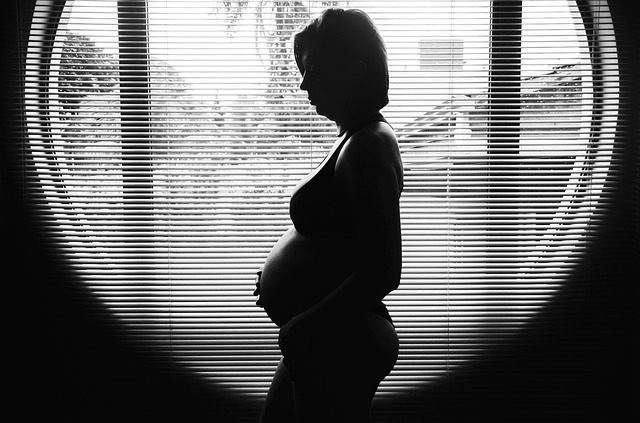During the pre-pregnancy state, gynaecologists advise their patients to take a few precautions to improve the fertility rate. It should be mentioned that fertility begins to decline during the 30s, while conceiving a child becomes difficult during 40s. There are various medical issues which can contribute to female fertility problems, such as:
But the primary cause of fertility loss in women is poor egg quality, which has become particularly concerning in developed nations where the women are waiting until oldage in order to get pregnant. But a new study suggested that reversing the clock on ageing eggs is possible.
Female infertility
As per Mayo Clinic, it can be defined as trying to get pregnant for at least a year with no success. An estimated 10 to 18 percent of couples in the US have trouble getting pregnant or having a successful delivery. A menstrual cycle that's too long, 35 days or more, too short, less than 21 days, irregular or absent can mean that the female is not ovulating.
Seeking expert advice depends on the age of the woman. While up to the age of 35, most doctors recommend trying to get pregnant for at least a year before testing or treatment, women between 35 and 40, discuss their issues after six months of trying. For women, who are older than 40, doctors may want to begin testing or treatment right away.

Reversing ageing fertility
The poor egg quality, which is the primary cause of infertility, is also a consequence of ageing. Such change is caused by low levels of molecules which are found in cells. As per the researchers from the University of Queensland, a new study suggested that by feeding older female mice a precursor compound for the molecule 'dramatically' restored egg quality in the mice. The compound is called nicotinamide mononucleotide (NMN).
During a trial period, the researchers administrated the compound to the mice in their drinking water for four weeks. Later, the scientists noticed that NMN resulted in more live births compared to births from mice that didn't receive the compound.
The lead professor of the study, Professor Hayden Homer explained that the new findings suggested that there is an opportunity to restore egg quality and in turn female reproductive function. He said that by using oral administration of NAD-boosting agents, this process of reversing ageing fertility will be possible which would be far less invasive than IVF. In adding the lead researcher also mentioned that "It is important to stress, however, that although promising, the potential benefits of these agents remains to be tested in clinical trials."
It should be noted that the study included mice who received low doses of this compound. But researchers said that additional research would be necessary to determine whether humans will experience the same benefits or not. As per the study findings, it looks promising which also indicates that NMN may be a potential way to restore fertility and reduce the need for egg donation and IVF treatments.









